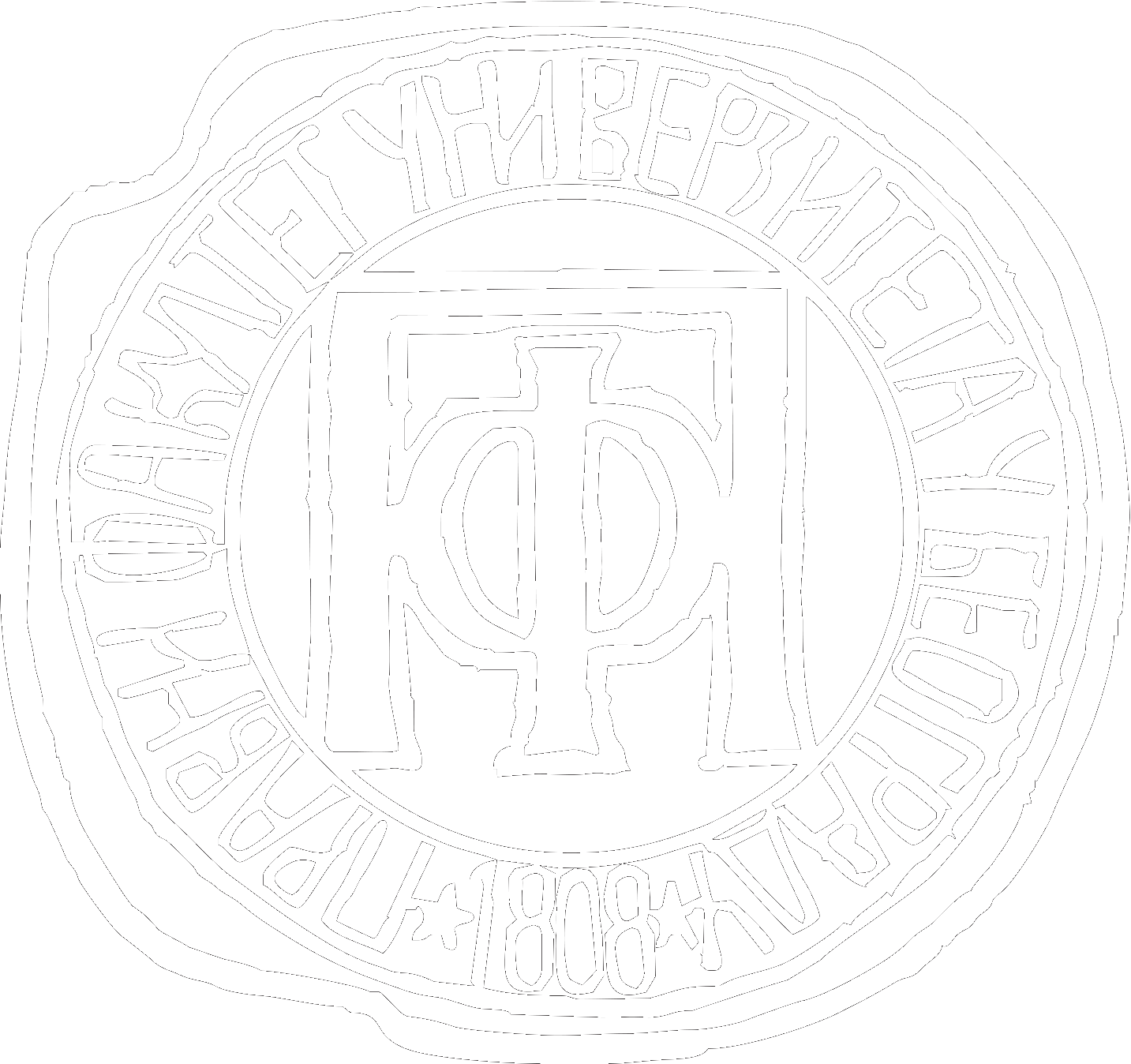Critical analysis of the condition and tendencies in law on enforcement of penal sanctions
Keywords:
criminal sanctions; execution; retribution; prisons; supermax; solitary confinementAbstract
Law on Enforcement of Penal Sanctions was significantly changed in 2009. Legal innovations have introduced a possibility of execution of prison sentence at home and a measure of home detention. Also, the two new statutes have been enacted: Law on the Liability of Legal Persons for criminal offences and Law on Serving prison sentence for organized crime. While in the first statute penal sanctions for legal persons and provisions for their execution are defined in the usual manner with possibility to impose the following sanctions: fine, measure of termination of legal persons and two security measures (prohibition to engage in certain activities and pronouncement of verdict), the second statute solutions can be critized for many reasons. First, denomination of the Law is not adequate because its provisions also apply on offenders convicted for crimes such as terrorism, genocide, war crimes, serious violations of international criminal law as well as for helping these offenders. Further, these rules refer only to adult men who can be sent to Maximum security Prison with a Special Unit only if there is a danger that they would (personally or through other persons): 1. continue to direct activities of the criminal groups; 2. endanger security of any participant in a criminal procedure or in a procedure of penal sanctions execution; 3. persuade somebody to commit a criminal offence. These wide and insufficiently defined criteria in this paper are assessed as a poten tial danger, since this extreme sentence regime provided by the Law would include needlessly large number of convicts. This is all the more since the basic principle in the Law is solitary confinement cells, with strict limits and supervision of the prisoners communication with the outside world. It is interesting to notice that such a radical change of the system of imprisonment execution in Serbia (which, until the enactment of the mentioned Law was based on principles of serving joint sentence and– at least in the normative area with respect to European standards and the UN Minimum Rules of imprisonment) was not preceded by any public discussion about reasons for reincorporating into the law the mode of imprisonment execution abandoned more than hundred years ago. Instead, the need to intensify the area of criminal reactions in this field through the rhetoric of „penal populism“, was indirectly pointed to the public by causing waves of „moral panics“ and by bidding in the media with „secret“ information about the vulnerability of certain holders of judicial and related functions of the criminal underworld. In the conclusion of this paper author insists on „normative stabilization“ in the field of criminal laws (in the last decade the most important statutes have been changed for several times – some of them three times in a year). Further, instead of constant intensification of punitive reactions, which – obviously – did not lead to any improvement, wider use of alternative sentences and a number of internationally successful models of non-institutional treatment are necessary. That would relieve overbooked Penal Institutions (the capacity of Serbian Penal Institutions is around 7 500 and currently around 12 000 inmates serve the sentence in them) and reduce execution costs (they currently stand at around 63 million Euros per year). Considering the system of execution, its harmonization and prevention of further particularization is necessary. Provisions of execution should be put back in the unique Law on Execution of Penal Sanctions, which would allowed exceptions from the general regime, only in the cases where it is necessary. In that case, the ‘mistake’ of missing the guaranty oh human treatment with prisoners in the Law on Serving prison sentence for organized crime, would not be possible.
Downloads
References
Albrecht, H. 2002. "Immigration, Crime and Unsafety." In Crime and Insecurity: The Governance of Safety in Europe, edited by Crawford, A. Portland.
Bajović, V. 2007. "Electronic Monitoring and House Arrest in the Criminal Justice Systems." In Stanje kriminaliteta u Srbiji i pravna sredstva reagovanja, Vol. I, edited by Ignjatović, Đ. Beograd.
Burke, R. 2007. "Moral Ambiguity, the Schizophrenia of Crime and Community Justice." British Journal of Community Justice, no. 1.
Ignjatović, Đ. 2005. "Karakter i motivi novih izmena krivičnog zakonodavstva Srbije." Revija za kriminologiju i krivično pravo, no. 1.
Ignjatović, Đ. 2006. "Nova rešenja u Zakonu o izvršenju krivičnih sankcija i iskustva u njihovoj primeni." In Nova rešenja u krivičnom zakonodavstvu i dosadašnja iskustva u njihovoj primeni, edited by Bejatović, S. Zlatibor.
Ignjatović, Đ. 2006a. Pravo izvršenja krivičnih sankcija (I izdanje). Beograd.
Ignjatović, Đ. 2010. Kriminologija. Beograd.
Ignjatović, Đ. 2010a. "Organizovani kriminalitet u svetu – Kriminološka analiza." In Organizovani kriminalitet, edited by Ignjatović, Đ., and Škulić, M. Beograd.
Ignjatović, Đ. 2010b. Pravo izvršenja krivičnih sankcija (IV izdanje). Beograd.
Pihler, S. 2006. "Novi Zakon o izvršenju krivičnih sankcija Republike Srbije." In Novo krivično zakonodavstvo: dileme u teoriji i praksi. Beograd.
Pradel, J. 2009. Komparativno krivično pravo – sankcije (translated by O. Perić). Beograd.
Shalev, S. 2003. Supermax – Controlling Risk through Solitary Confinement. Cullompton.
Soković, S. 2005. "Nova rešenja u predlogu ZIKS." In Kazneno zakonodavstvo – progresivna ili regresivna rešenja. Budva.
Stevanović, Z. 2005. "Kako novim zakonskim rešenjima unaprediti penalni sistem." In Kazneno zakonodavstvo – progresivna ili regresivna rešenja. Budva.
Stojanović, Z. 1984. "Uslovni otpust: problemi i perspektive." Zbornik Pravnog fakulteta u Zagrebu, no. 1–2.
Stojanović, Z., and Kolarić, D. 2010. Krivičnopravno reagovanje na teške oblike kriminaliteta. Beograd.

Downloads
Published
How to Cite
Issue
Section
License
Copyright (c) 2010 Đorđe Ignjatović

This work is licensed under a Creative Commons Attribution 4.0 International License.
The authors retain copyright and grant the journal the right of first publication, allowing others to share the work with proper attribution to the authors and acknowledgment of its original publication in this journal.










